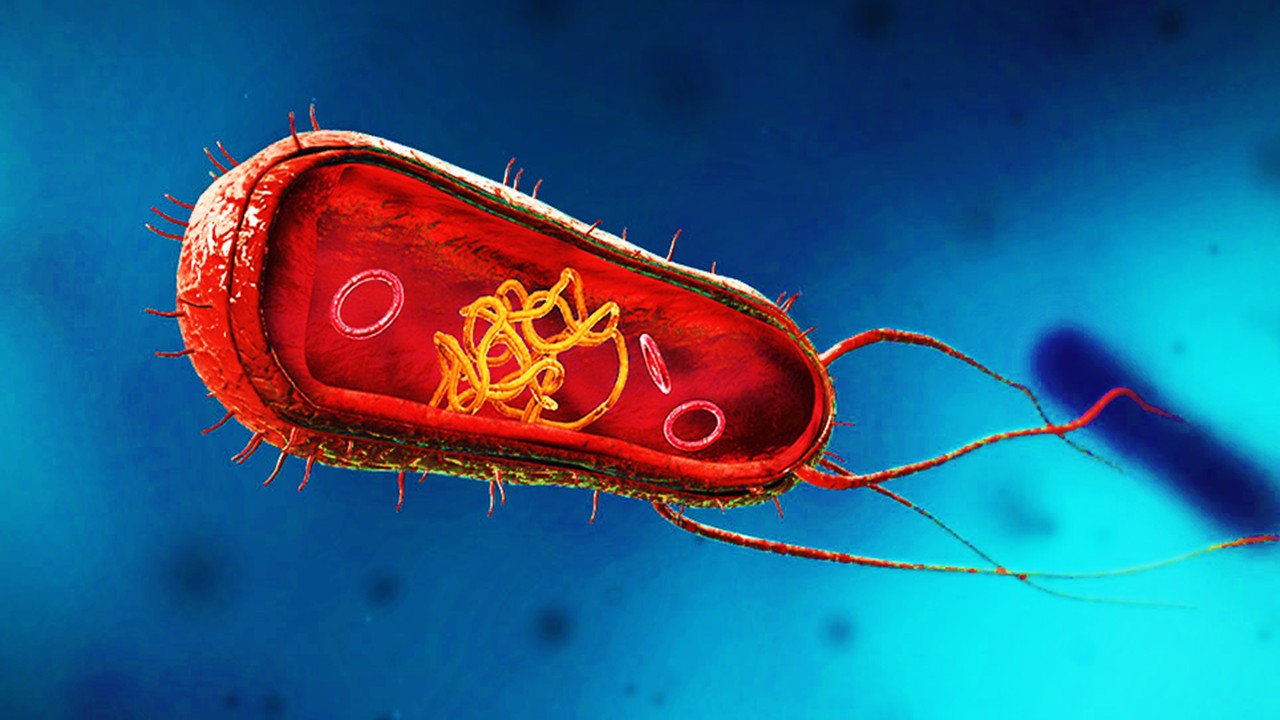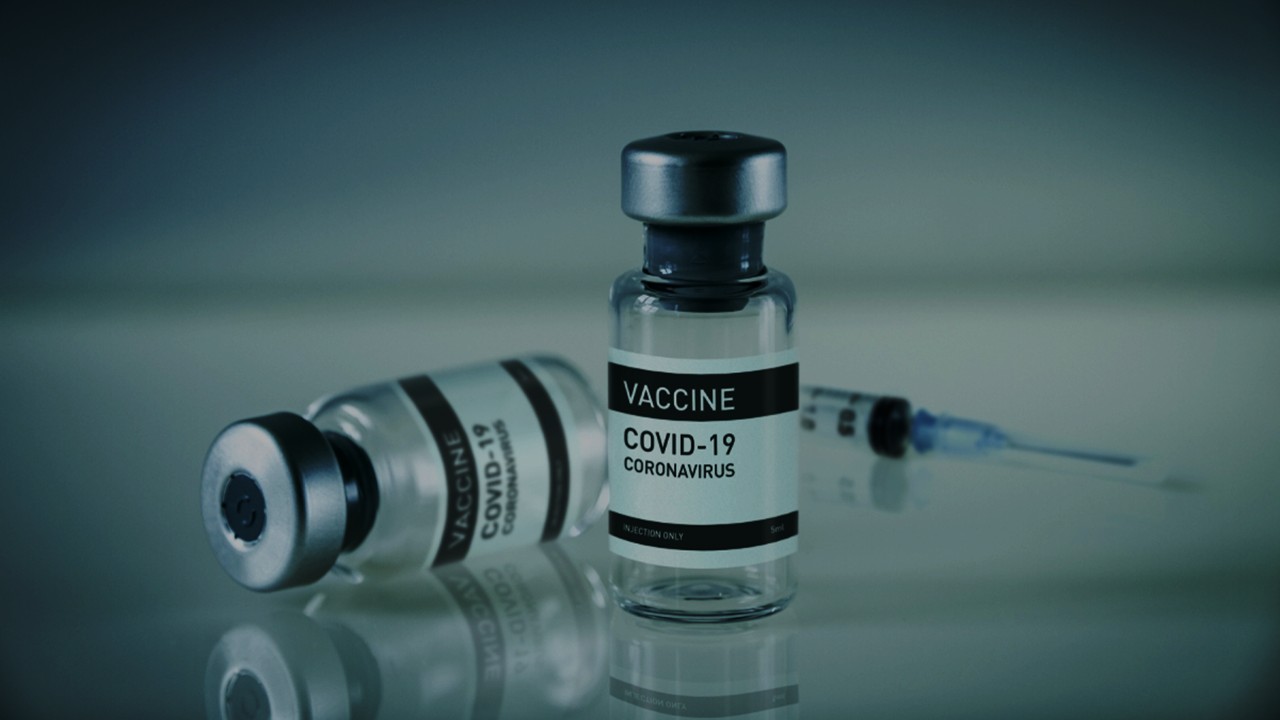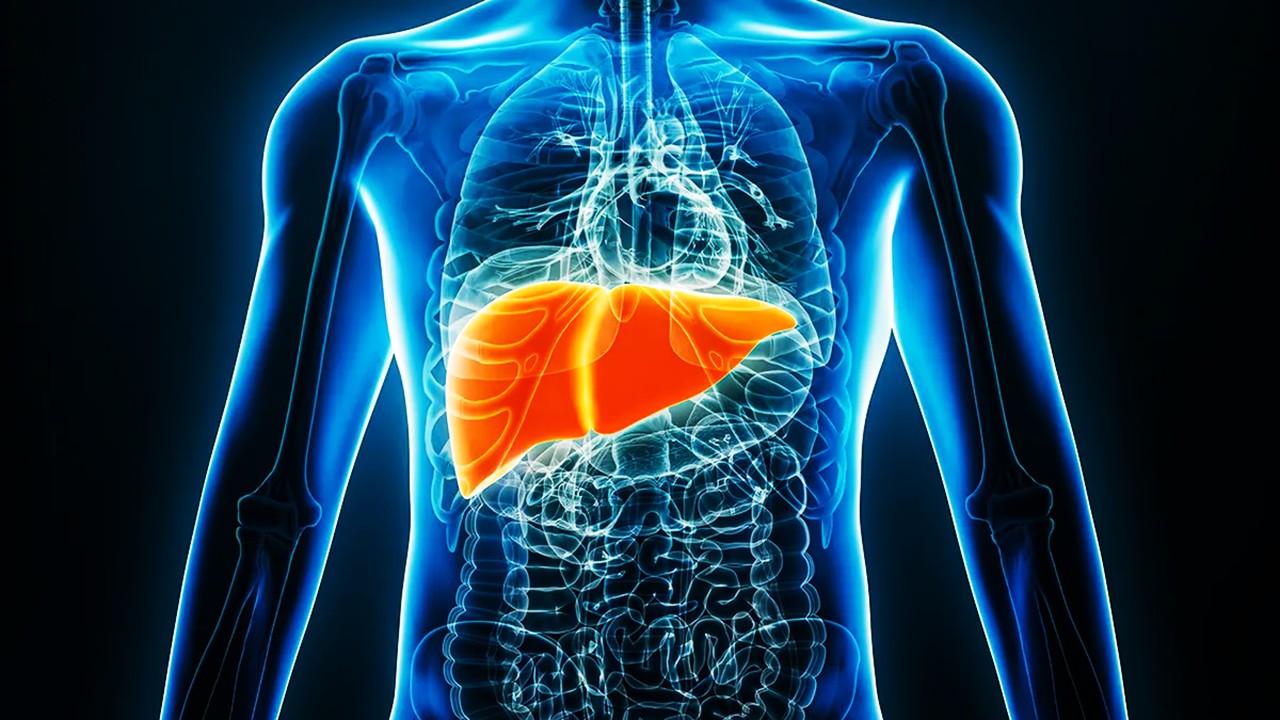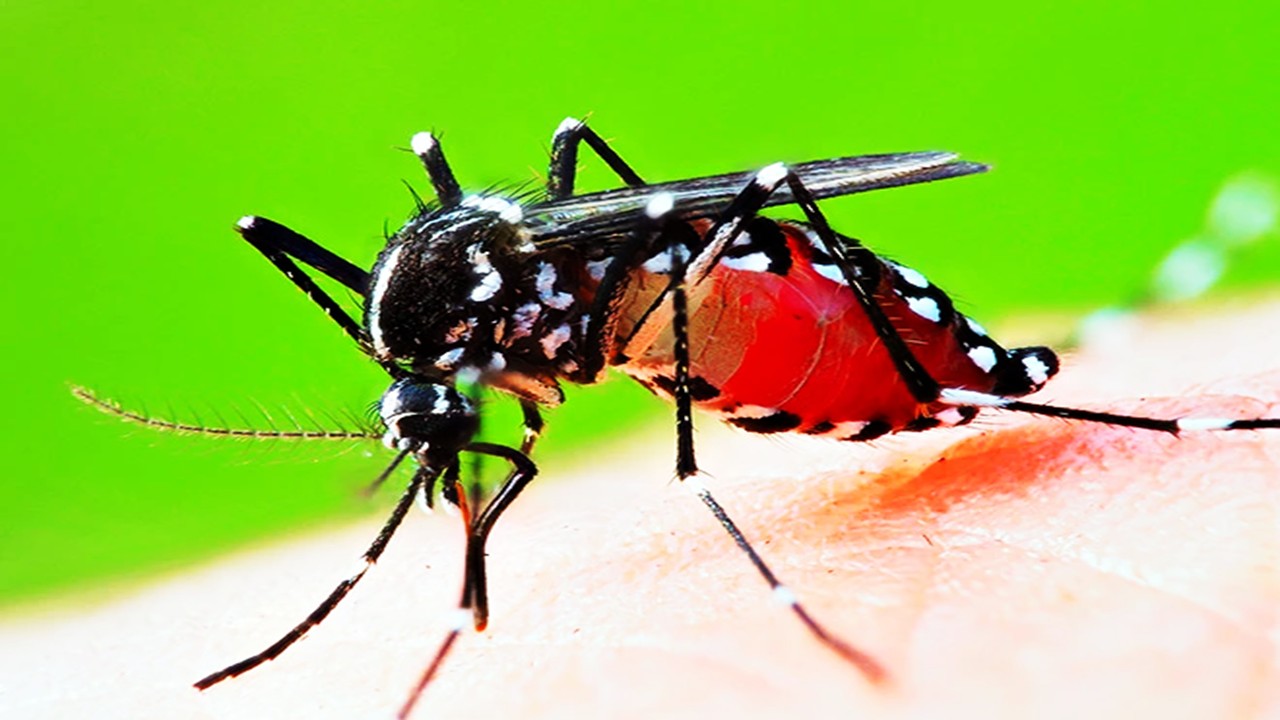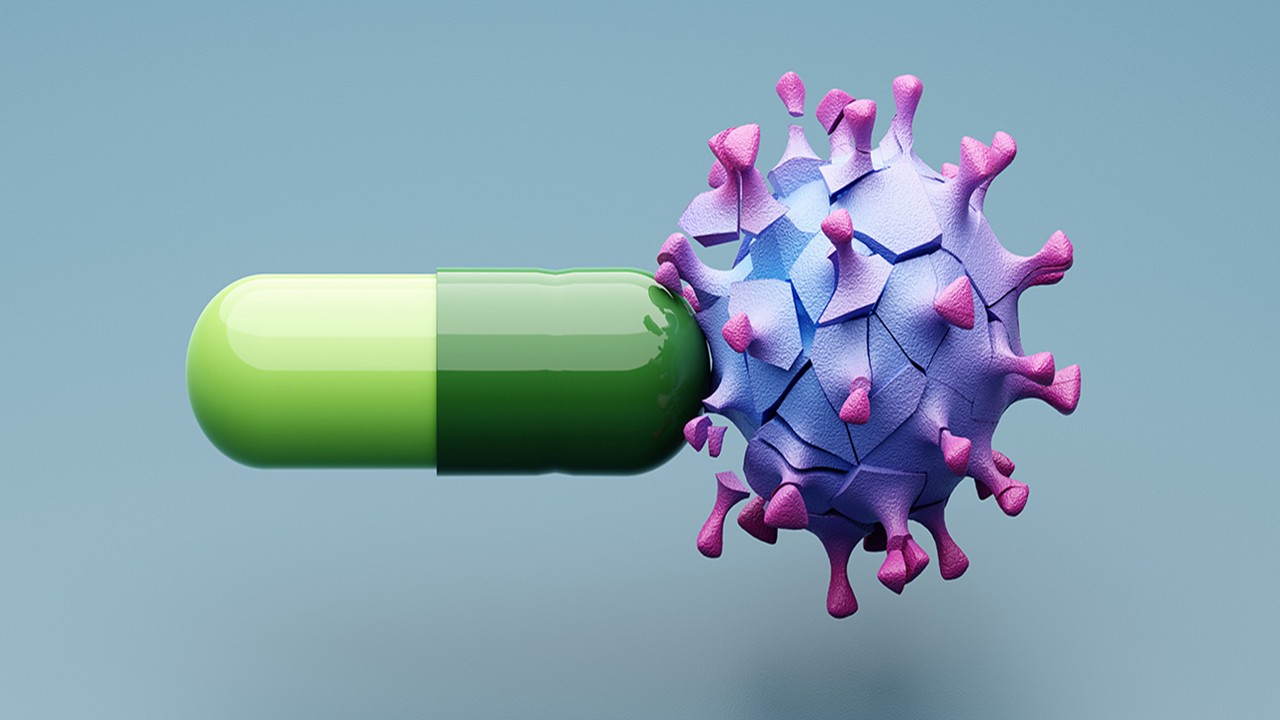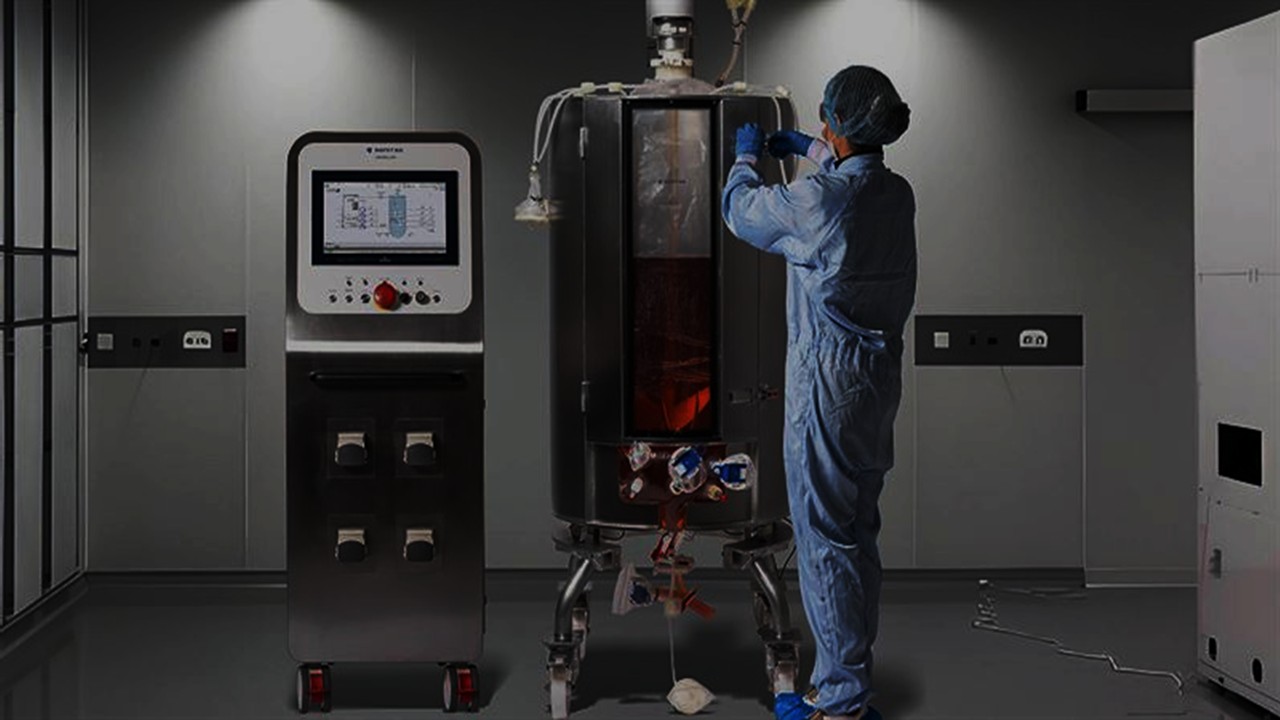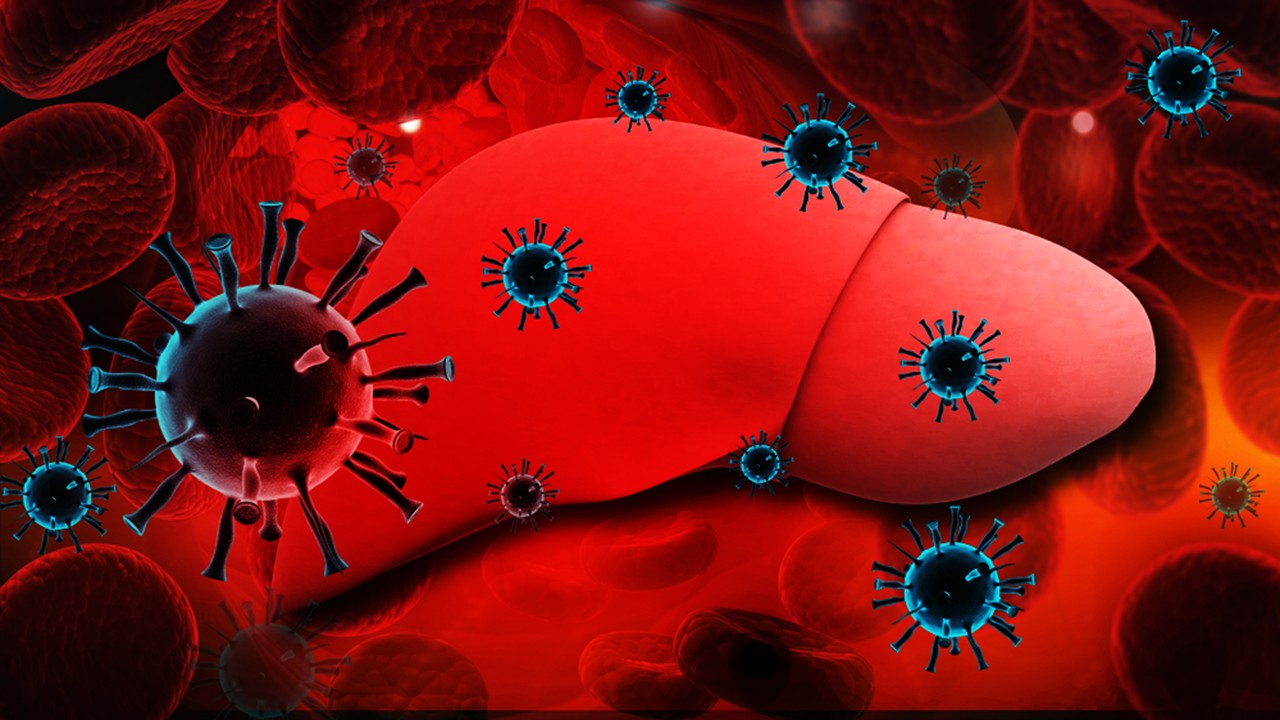Meissa Vaccines, a clinical-stage biotechnology company dedicated to preventing viral respiratory infections, has announced a significant milestone in the development of its pediatric respiratory syncytial virus (RSV) vaccine. The company has entered into a manufacturing agreement with Exothera S.A., a renowned Contract Research Development and Manufacturing Organization (CRDMO) specializing in vaccines, viral vectors, and nucleic acids. The partnership will facilitate the Current Good Manufacturing Practice (CGMP) manufacturing of Meissa’s MV-012-968 vaccine candidate for Phase 2 clinical trials.
Unveiling the Intricacies of RSV
Respiratory syncytial virus (RSV) is a common viral infection that affects the respiratory system, particularly in infants and young children. Understanding the infection process, pathophysiology, prognosis, and symptomatic management of RSV is crucial for healthcare professionals and caregivers alike.
RSV primarily spreads through respiratory droplets when an infected individual coughs or sneezes. The virus can survive on surfaces for several hours, making it easy to contract by touching contaminated objects and then touching the face. After entering the body, RSV targets the cells lining the airways, leading to infection and subsequent inflammation.
RSV infection affects the upper and lower respiratory tracts. In the upper respiratory tract, the virus causes nasal congestion, runny nose, sore throat, and cough. As the infection progresses to the lower respiratory tract, it can lead to bronchiolitis (inflammation of the small airways), pneumonia, and, in severe cases, respiratory failure. The inflammatory response triggered by RSV infection can result in airway obstruction, impaired gas exchange, and increased mucus production, further exacerbating respiratory symptoms.
The prognosis of RSV infection varies depending on several factors, including the age and overall health of the individual. Infants, especially premature babies and those with underlying health conditions are at higher risk of developing severe complications. In most cases, RSV infection is self-limiting and resolves within one to two weeks. However, severe cases may require hospitalization and intensive care, especially in infants with compromised immune systems. Long-term respiratory complications and an increased risk of developing asthma have also been associated with severe RSV infection during early childhood.
Promising Vaccine Candidate for Infants and Young Children
Meissa is creating a live attenuated intranasal RSV vaccine called MV-012-968. Protecting young children and newborns from the negative consequences of respiratory syncytial virus is its main goal. RSV is to blame for almost three million hospital admissions of children under the age of five each year, as well as more than 66,000 deaths annually. Nearly a percentage of newborns in the US require hospitalization each year due to RSV, which is the most common reason for infant admission. This RSV vaccine candidate represents a significant advancement because there is currently no FDA-approved RSV vaccine for children.
Meissa’s AttenuBlock™ Platform Shows Promise
Frank Glavin, CEO of Meissa Vaccines, expressed his enthusiasm for the collaboration and highlighted the immense potential of Meissa’s AttenuBlock™ platform. This platform has already demonstrated its efficacy in developing safe and effective intranasal live attenuated vaccines against respiratory viruses like RSV and COVID-19. The company’s clinical data from RSV and COVID-19 vaccine programs have showcased the versatility and effectiveness of their approach. With this agreement, Meissa aims to continue advancing its vaccine candidates through Phase 2 clinical trials.
Exothera’s Expertise and Manufacturing Capabilities
Exothera S.A., a Univercells company, brings its expertise in viral vector innovation and manufacturing capabilities to this collaboration. Their state-of-the-art facility in Jumet, Belgium, adheres to CGMP regulations and employs the scale-X™ platform developed by Univercells. This platform is specifically designed for high-volume and high-quality vaccine production, ensuring efficient and consistent manufacturing processes. By leveraging Exothera’s expertise and resources, Meissa aims to supply MV-012-968 for Phase 2 clinical trials, taking a significant step toward the eventual commercialization of this much-needed pediatric RSV vaccine.
Addressing the Urgent Need for an RSV Vaccine
RSV places a significant burden on the world, especially on newborns and young children. Meissa’s MV-012-968 fills the critical gap in preventive measures caused by the lack of an FDA-approved RSV vaccination for children. Due to its intranasal administration, needle-free design, lack of adjuvants, and live attenuated composition, the vaccine is a viable contender. According to Meissa’s clinical evidence, MV-012-968 can effectively induce a systemic and mucosal IgA antibody response in infants who have never had RSV. It is also well-tolerated, greatly attenuated, and capable of doing so.
Current Phase 1c Clinical Study and Future Prospects
Meissa is now accepting subjects for a Phase 1c clinical trial between the ages of six and 36 months at several locations throughout the United States. MV-012-968’s immunogenicity and safety are being assessed in the trial with the ClinicalTrials.gov identifier NCT04909021. The vaccine was created utilizing Meissa’s own AttenuBlock™ synthetic biology platform, which aims to produce intranasal vaccinations that are secure, efficacious, stable, and reasonably priced.
Conclusion
The collaboration between Meissa Vaccines and Exothera S.A. represents a significant advancement in the fight against RSV. This viral infection poses a severe threat to infants and young children worldwide. By combining their expertise and resources, the two companies aim to manufacture and supply Meissa’s MV-012-968 vaccine candidate for Phase 2 clinical trials. This promising intranasal live attenuated RSV vaccine has the potential to fill the crucial gap in pediatric RSV prevention and protect the most vulnerable members of our population. As Meissa continues to make progress in their clinical trials, they bring hope for a future where RSV is no longer considered the “missing” mandatory pediatric vaccine.
About Meissa Vaccines
Meissa Vaccines was established with the goal of safeguarding humanity against respiratory viruses that can be fatal, as well as a commitment to creating cutting-edge technology that can offer efficient vaccines on a global scale. Meissa is moving forward with intranasal, live attenuated vaccine candidates for SARS-CoV-2 (COVID-19) and respiratory syncytial virus (RSV). An anti-human metapneumovirus (hMPV) vaccine candidate is also part of Meissa’s vaccine pipeline. The vaccine candidates developed by Meissa on the firm’s own AttenuBlock™ platform are formulated to be administered as an adjuvant-free, needle-free dose and are intended to elicit a potent, long-lasting immune response to fend off illness and infection. Redwood City, California serves as the home office for Meissa.
Visit www.meissavaccines.com for more info.
About Exothera SA
The creation of viral vectors and nucleic acids is the focus of Exothera, a contract research, development, and manufacturing organization (CRDMO). Exothera, a technology-driven business, offers best-in-class bioprocessing competence that takes advantage of the revolutionary manufacturing methods created by the Univercells group. In order to quickly reach GMP clinical and commercial production of vaccines, viral vectors, and nucleic acids, the firm offers expedited discovery services together with process development/optimization. The objective at Exothera and Univercells is to make potentially life-saving treatments accessible to everyone.
Please visit www.exothera.world for further details.
Subscribe
to get our
LATEST NEWS
Related Posts

Chemistry, Manufacturing & Controls
The Hydrogen Equation: Rewriting Chemical Manufacturing for a Cleaner Future
Clean hydrogen symbolizes more than low emissions—it represents a commitment to circularity, precision, and regenerative design.

Chemistry, Manufacturing & Controls
The Biomass Imperative: Nature’s Chemical Feedstock for a Post-Petroleum World
The transition from fossil to biomass feedstocks represents more than substitution—it’s a fundamental reimagining of chemical manufacturing’s first principles.
Read More Articles
Mini Organs, Major Breakthroughs: How Chemical Innovation and Organoids Are Transforming Drug Discovery
By merging chemical innovation with liver organoids and microfluidics, researchers are transforming drug discovery into a biologically precise, patient-informed, and toxicity-aware process.
Tetravalent Vaccines: The Power of Multivalent E Dimers on Liposomes to Eliminate Immune Interference in Dengue
For the first time, a dengue vaccine candidate has demonstrated the elusive trifecta of broad coverage, balanced immunity, and minimal enhancement risk,






